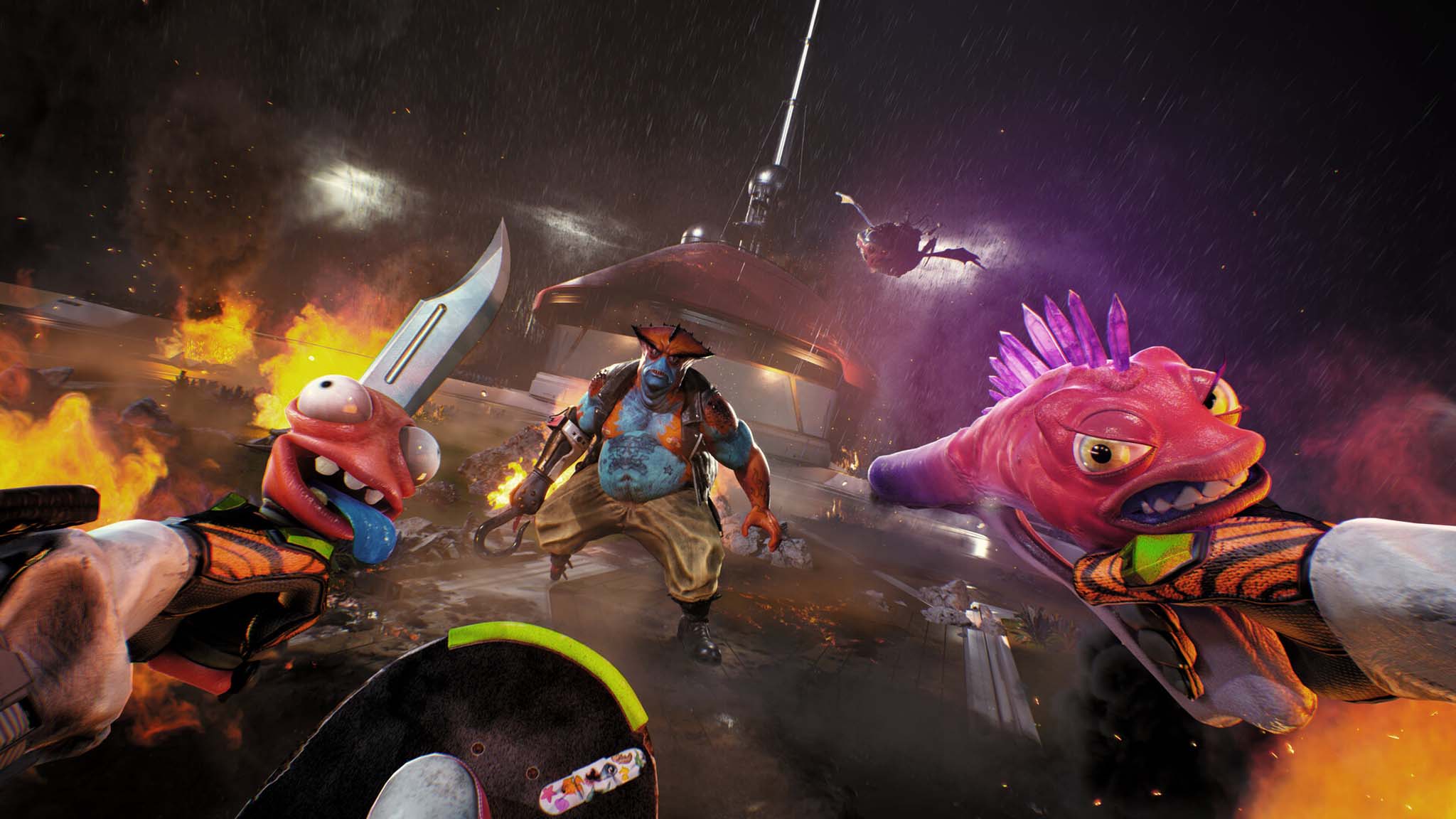Why Microsoft's enshittification of Xbox, Surface, and even Windows itself — are all by design
With Microsoft CEO Satya Nadella and CFO Amy Hood placing unrealistic expectations on Xbox, Windows, and others — the damage is becoming increasingly untenable.
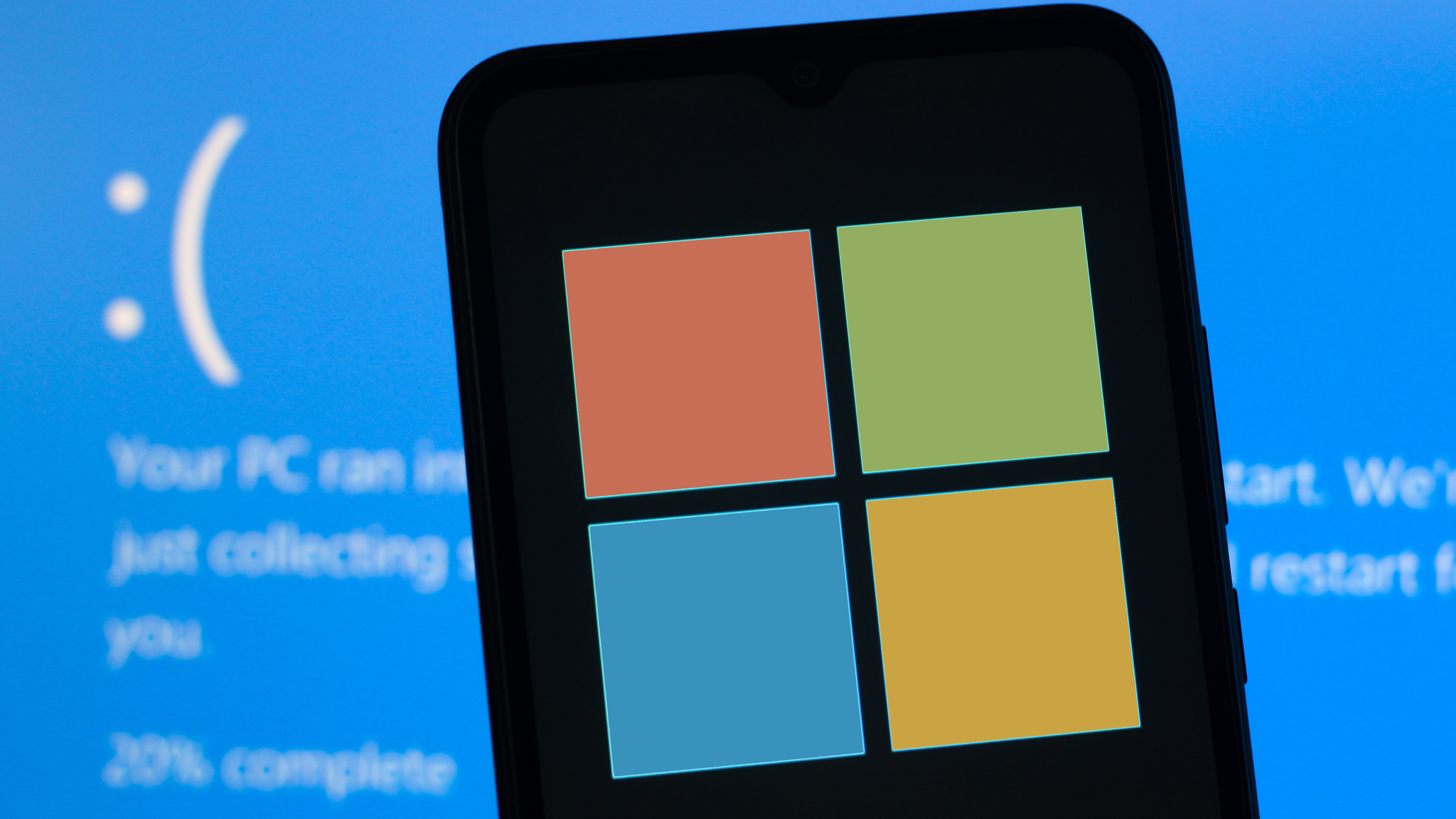
All the latest news, reviews, and guides for Windows and Xbox diehards.
You are now subscribed
Your newsletter sign-up was successful
A couple of weeks ago, I wrote an article about how Xbox had turned a corner, following a decent Xbox Showcase and a firm commitment to hardware. Speculation had been swirling that Xbox will hand off its hardware aspirations to OEMs like ASUS, leaving first-party hardware teams and customers facing an uncertain future. Microsoft's gaming financials don't always look healthy on the face of it either, putting a dark cloud over the entire platform.
How naive of me.
Yesterday, Microsoft unveiled that 9,000 were facing the axe, bringing the annual total to 15,300 or more. Many hundreds of those layoffs were at Xbox specifically, with cuts that seemingly fell indiscriminately across the entire portfolio.
Staffers who had been at Xbox for a decade or more, personally responsible for millions of dollars in revenue, got the cut. Legendary leaders at major studios were culled, projects were shut down, and in one case, an entire studio was closed.
There's a meme in the Xbox community about how "Xbox is dead" every five minutes, because of the non-stop roller coaster of changing strategies and inconsistent messaging Microsoft has foisted onto the customer base (and employees too) in recent years. Today, Microsoft announced that Helldivers 2 is coming to Xbox, and is the first-ever PlayStation published title on the platform. You couldn't really plan for more unfortunate timing. Xbox is dead, Xbox is alive, and so on. The thing is, this isn't unique to Xbox. It's applicable to every department at Microsoft all up.
As of this year, I've been covering the Xbox, Windows, Surface, Windows Phone, and Microsoft beat for ten years. I came in as an amateur blogger, just an Xbox fan, with little knowledge of the tech business or business in general.
I've learned a lot over the years, through all of the successes and mistakes, over-confidence and under confidence. Through it all, I'd always tried to hold on to fandom for Xbox for myself, the community, and the hobby in general — while remaining critical, and voicing the concerns of customers. We all rallied for bringing more Japanese games for Xbox, we called for boosted localization, and called for improvements to the Xbox PC experience. Microsoft delivered in varying degrees, but the staggering cadence of mixed messaging, changing strategies, and inconsistency is a disservice to both customers and employees alike.
All the latest news, reviews, and guides for Windows and Xbox diehards.
I'm joining many others in feeling that under CEO Satya Nadella and CFO Amy Hood — being a "fan" for devs, potential employees, and customers alike — is becoming simply impossible. Microsoft as an entity feels directionless, changing strategies on a dime, and laying off thousands in its fickle wake.
Under Satya Nadella and Amy Hood, Microsoft has become a glorified investment bank, bereft of delivering innovation
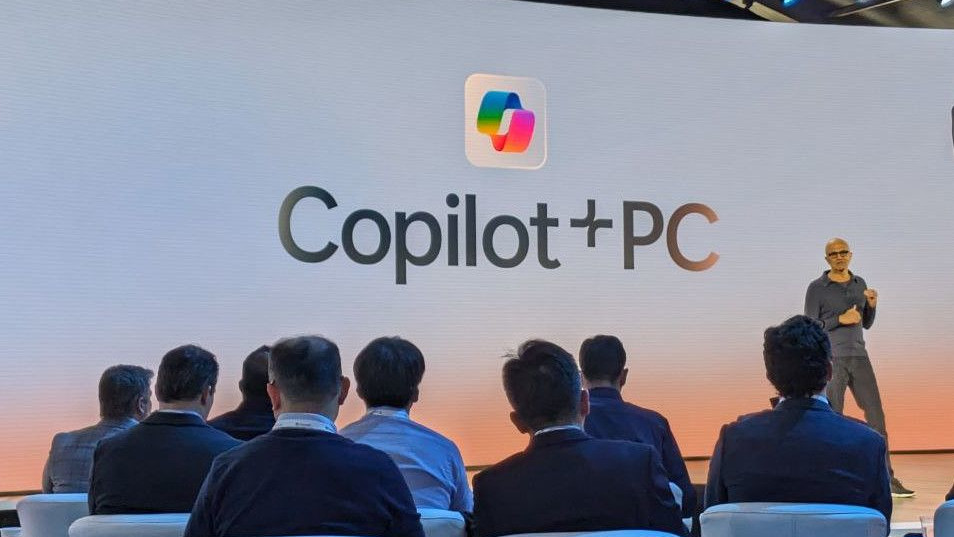
Sources who remain anonymous due to lack of authority to speak on internal matters have pointed the blame for yesterday's mammoth layoffs firmly at Microsoft CFO Amy Hood. Hood's unrealistic fiscal expectations on Microsoft's subsequent divisions have created a culture of fear and doubt, ironically impacting productivity and thus profitability.
There's sentiment among Microsoft staffers that many of the layoffs revolve around a broadening shift towards artificial intelligence, with executives and activist investor groups at the top growing increasingly concerned that Microsoft is losing, or may have even already lost, the AI race.
It's well-documented that OpenAI and Microsoft's partnership is fractured, with OpenAI desperate to free itself from the restrictions its early investment deal with Microsoft have placed upon it. Microsoft enjoys exclusivity to various aspects of OpenAI's operation, including the first-right-of-refusal to hosting AI workloads, on top of revenue sharing requirements. OpenAI no longer grants Microsoft exclusive rights to hosting its services, however. And furthermore, all of these deals have an imminent expiry date: 2030. To that end, investors are nervous that all of Microsoft's AI "success" hinges solely on OpenAI, who is also bleeding talent to Meta at an alarming rate.
At this nascent stage, it's not unrealistic to think a major breakthrough at a competing platform, particularly at a company like Meta whose social apps remain globally dominant, could completely unravel OpenAI at a moment's notice. Microsoft's position in AI would evaporate overnight, conceding the future of computing to other tech companies.
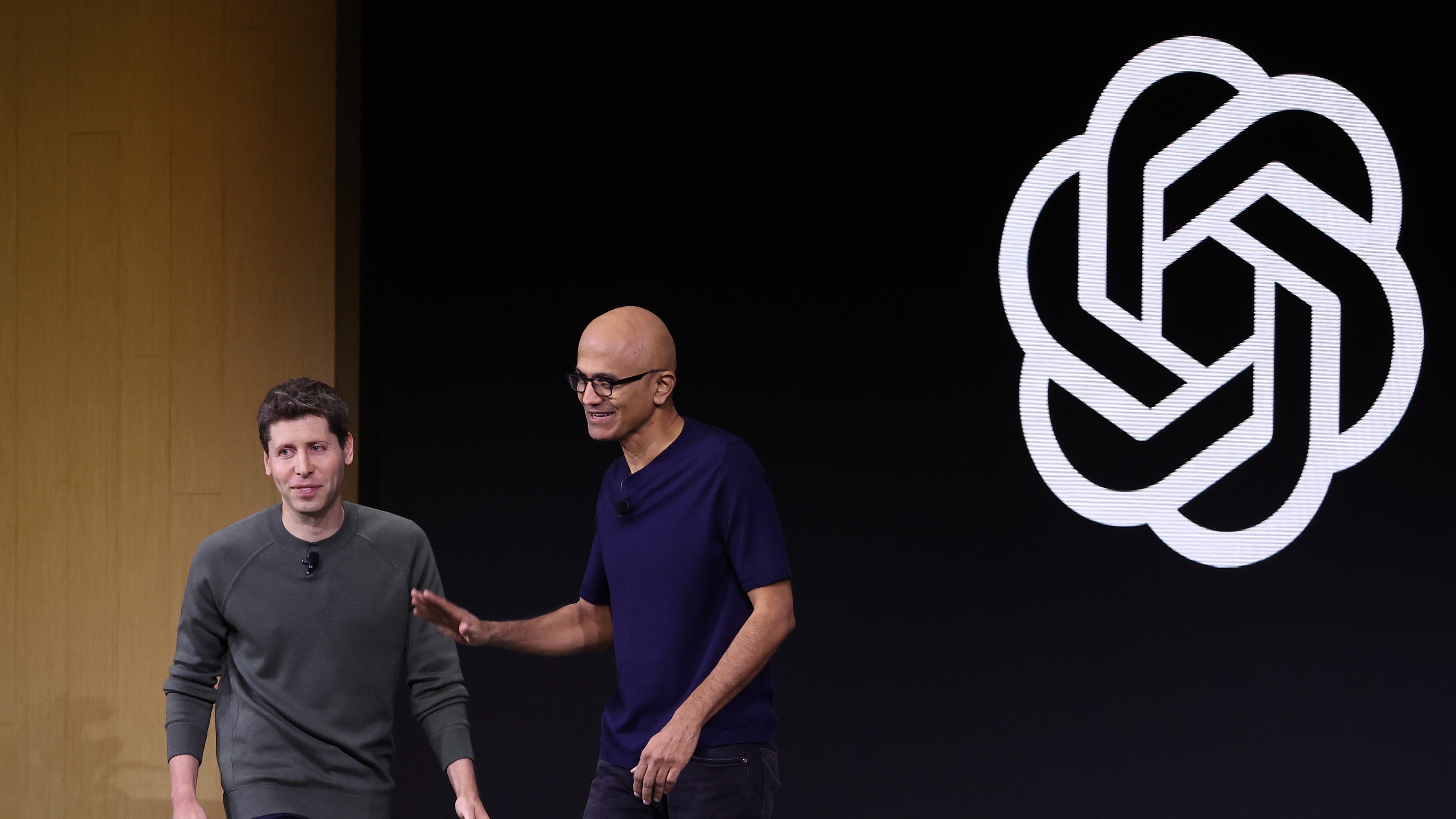
Microsoft's home-grown AI products, many of which rely on OpenAI models anyway, are by and large complete trash in practice. Copilot is a stunted version of ChatGPT, the "Microsoft 365 Copilot" disaster is painfully limited in scope. Even bare-bones basics like generative erase in the Photos app pale in comparison to Samsung's, and Microsoft's internal efforts have nothing to show but tech demos and promises, with no real products.
The only "real" product Microsoft has put out so far, Windows Recall, is almost universally hated as a privacy nightmare made manifest, despite changes Microsoft has attempted to make. The Copilot+ PC range that its tied to has been nothing short of a spectacular flop, while sacrificing the Surface brand in the process.
It's a testament to Xbox's leadership that it was able to convince Microsoft to invest in Activision when it had the chance, because I'd be willing to bet that Satya Nadella and Amy Hood would have sacrificed all of Xbox to chase this latest AI splurge without it.
There's sentiment that Microsoft executives and activist shareholders resent the idea that investment had fallen towards Call of Duty and Activision-Blizzard, instead of broadening their early AI investments.
Microsoft is set to invest a similarly mammoth-esque $80 billion in new AI-enabled training centers around the world to try and turn its fortunes around, but what if it had had $160 billion from having not purchased Activision? These latest layoffs are funding this refreshed attempt to chase an external innovation, and represent the human cost of Microsoft's poor planning.
Quick edit: since I wrote this, I saw that The Seattle Times has corroborated that these layoffs revolve around this $80 billion AI infrastructure investment, foisted on Xbox and other departments to account for the jitters around the potential failure of Microsoft's partnership with OpenAI.
Indeed, it's a testament to Xbox's leadership that it was able to convince Microsoft to invest in Activision when it had the chance, because I'd be willing to bet that Satya Nadella and Amy Hood would have sacrificed all of Xbox to chase AI without it.
Microsoft treats its consumer businesses like a utility, forgetting the human element
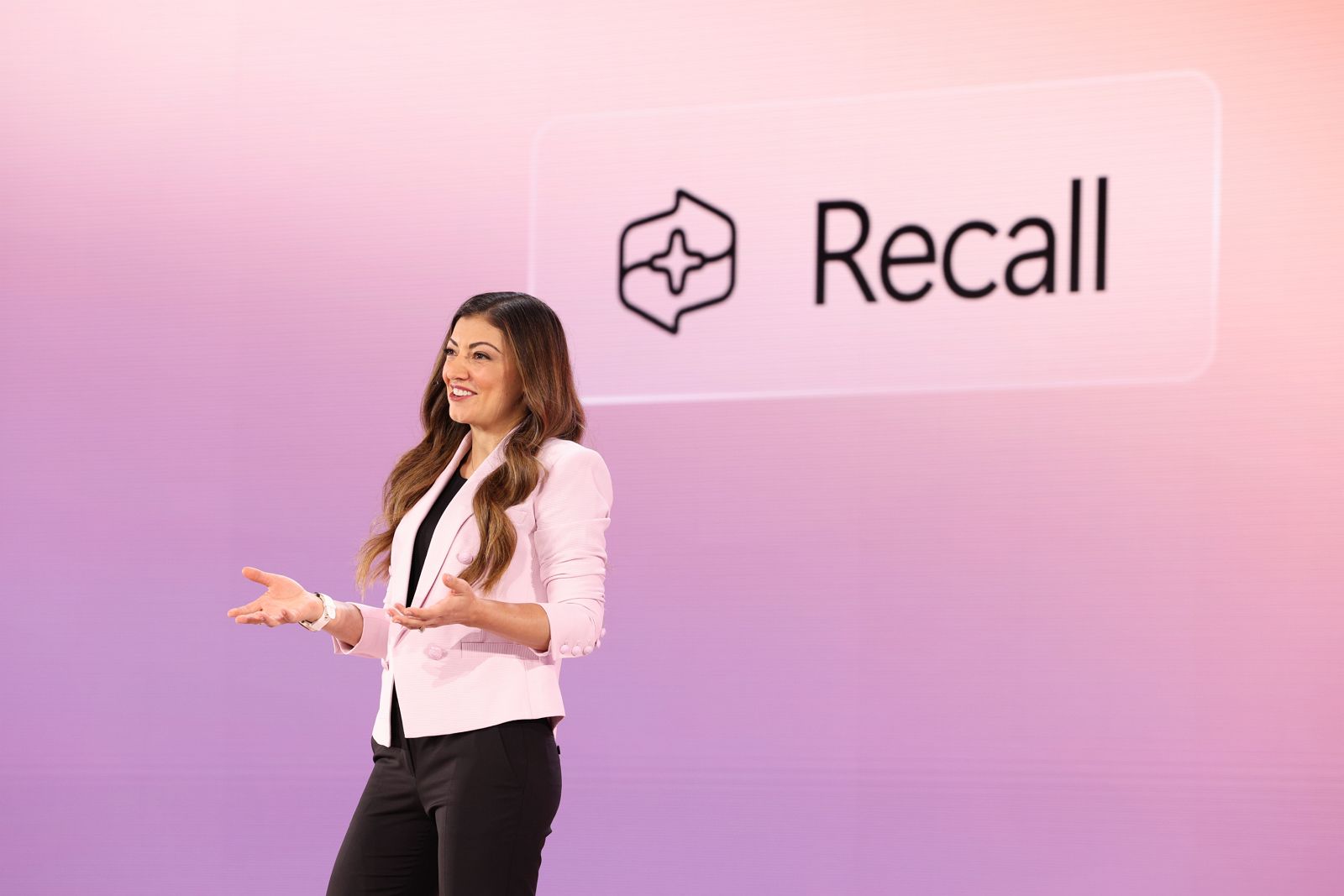
From Surface to Windows Phone, to Xbox and Windows itself, under Satya Nadella, Microsoft has utterly forgotten that real humans, customers, actually use its products. And seemingly, that real humans, actually build its products.
When the Windows Recall privacy PR disaster happened last year, I sat to myself thinking "how in the fuck couldn't someone have seen this coming?" It was literally the first thing I thought of when I saw that Microsoft was putting out an app that would creepily watch everything on your screen. It screamed of product design by spreadsheet — the "people use AI, so AI good" brainchild of a mindless boardroom meeting that nobody in the room was really paying attention to.
The entire Copilot+ PC range screams of this, utterly uninspired, underbaked and unthoughtful approach that has typified Surface since product architects Panos Panay and Ralf Groene were sadly driven out of the company, as Panay rebuilds his all-star team at Amazon instead.
Surface used to be at the cutting edge of hardware innovation, producing head-turning products that even Apple itself couldn't ignore. And sure, the execution wasn't always on point. Under Panos Panay, Surface had become a reliable fixture of Microsoft's product calendar, and drove a wave of innovation and improved designs across Windows' entire OEM portfolio.
In 2025, that's all but gone — a shell of its former self, with Microsoft using Surface as a vehicle to placate whatever latest tech fad Satya Nadella finds himself interested in at the time. There's nobody driving real innovation at Surface anymore, and it's sad.
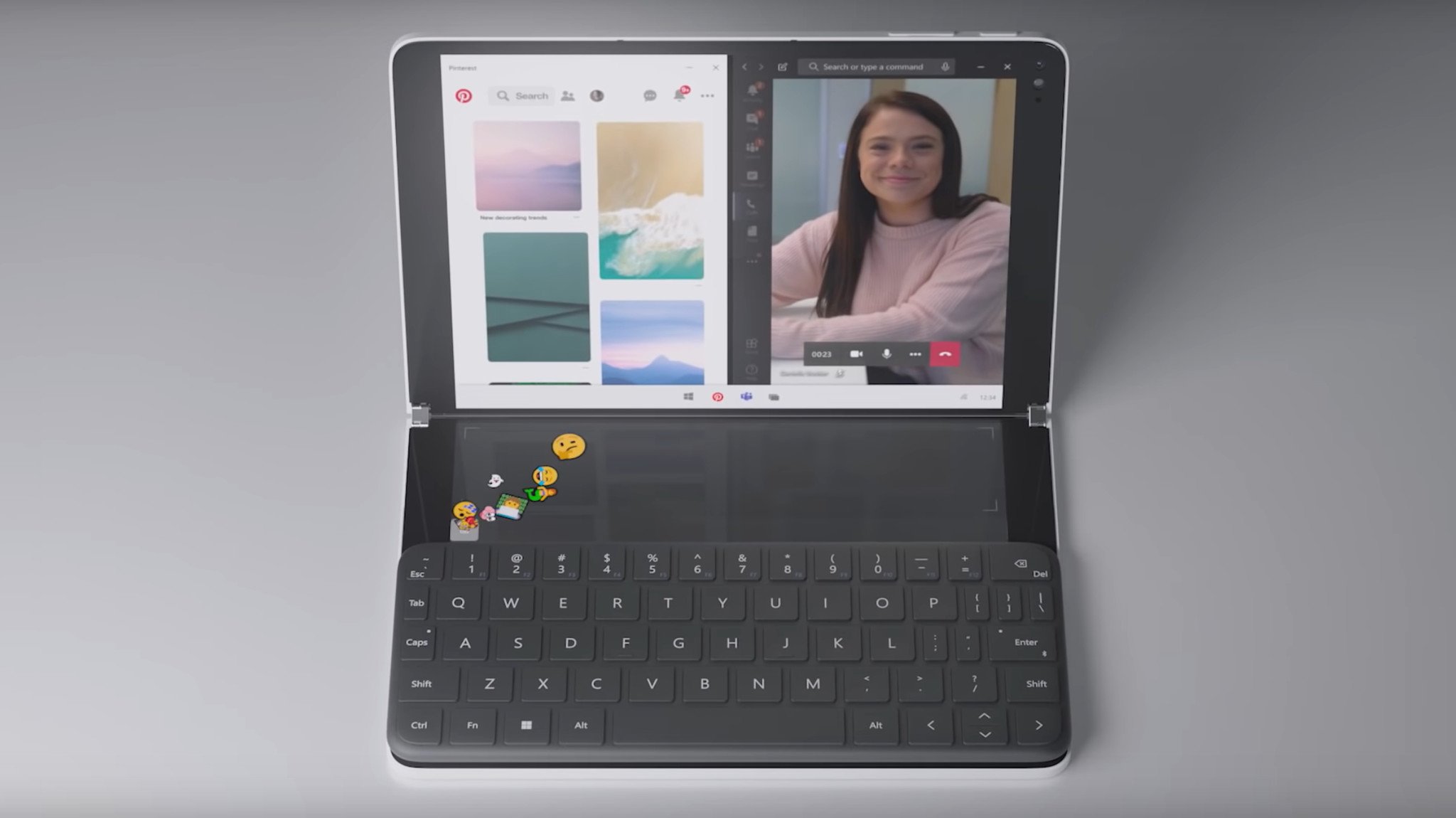
Windows Mixed Reality, the "metaverse" buzzword from 2023, Windows Phone, Microsoft Band, even Microsoft's painfully slow efforts with Windows on Arm compatibility — under Satya Nadella, Microsoft has this strange and uncanny ability to put out loud PR beats and then utterly under-invest and thus, under-deliver.
We're seeing the same situation play out now with Copilot in slow motion, although that $80 billion investment is nothing to scoff at — it sounds like it's more about supporting other's services rather than Microsoft's own innovations. Microsoft Build events used to be a legendary confluence of developer passion and consumer product innovation, with exciting product reveals and service enhancements. Now, it's a dull parade of investor bait that typifies Nadella's approach to the company.
Therein lies why I say Microsoft is now more of an investment bank than a product innovator. Like locusts, Microsoft's fiscal approach has been to swarm into a section with money and acquisitions. Then, under-invest and under-deliver, subsequently ruin the product, and then bail when the next over-hyped tech fad opportunity rolls around. This is before we talk about things like cutting corners around security, leading to the unprecedented Azure email hack, among other things. There's a litany of examples of this dating back across my entire career, and even further back before it.
The brunt of this week's layoffs weren't in Xbox, but I don't see how Xbox can thrive in the corporate environment being constructed by Amy Hood and Satya Nadella, where investment mentality supersedes customer confidence, and employee wellbeing. But the cash keeps rolling in, so none of it matters, seemingly.
Microsoft as a company has no mission or ethos — perhaps it never did
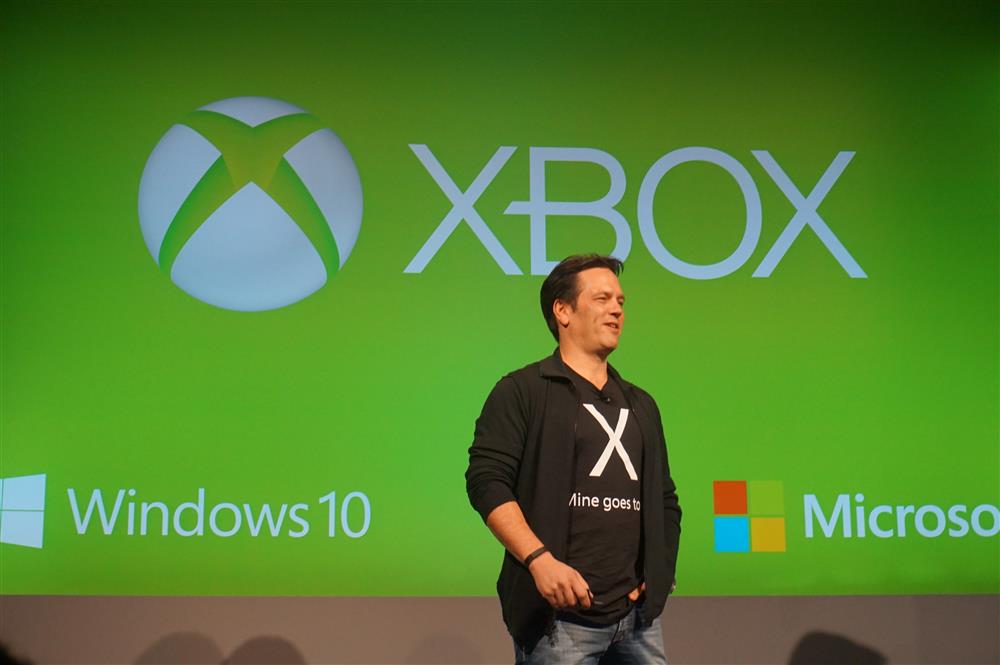
I've been critical of Microsoft corporate for years, but Xbox enjoyed a bit of a bubble while Microsoft from the top largely ignored its operations. That was until Activision-Blizzard, of course.
My naivete as an modern Xbox fan hit a turning point during Summer Game Fest this year. For most of my career, to my knowledge, Microsoft had these Xbox FanFest events at its shows like Gamescom and E3, where dozens, and even hundreds of fans were invited to participate in events. Microsoft wilfully and actively engaged in curating community fandom in this way, and it has done so in the past with Windows Phone, Surface, and other products.
This year at Summer Game Fest, Microsoft had no Xbox FanFest of its own. But those who had been attending for years, and enjoyed the community and camaraderie, pooled and spent their own money to curate an Xbox FanFest event in LA. On the one hand, it was awesome to see the community rally, but on the other, it was utterly disappointing that Microsoft itself wouldn't spare the cash. Microsoft is approaching a 4 trillion-dollar market capitalization, with $22 billion in profits last quarter. They couldn't have spared a few thousand to put together an event for fans this year? Couldn't Satya Nadella have thrown a few dollars in from his $79 million stock awards package last year?
One week ago at this time, myself, @benkenobi2020 , @DonteJMoody @Porshapwr Hargeet, @FonzGaming, @shaunlabrie @webdave @corkenstein @MrboomstickXL were getting the venue ready for Xbox Community Watch Party. Nerves were high as well as Stress. It was all worth it and a very… pic.twitter.com/9YwEFkXvjAJune 14, 2025
In among the mixed messaging over Xbox exclusives, the lack of clarity on Xbox's future — it was that that really didn't sit right with me. I'd tell myself it was all just a transition, with spending squeezed and playtime hours down ... The vast majority of gaming hours and spend sent into Fortnite and Roblox, and economic confidence hitting new lows. But then came this week's layoffs.
These latest layoffs seem utterly indiscriminate — an overly aggressive and reductive move purely aimed to boost margins at the cost of everyone and everything else. Entire teams wiped out, families left to wonder what their future would look like. People who'd given huge chunks of their lives, blood sweat and tears, toward helping make Microsoft shareholders and execs rich. Friends who'd worked together for years, and worked with devs, fans, and press for years — some of whom were personally responsible for millions of dollars in revenue that helped shareholders get richer.
I know it's not as if other companies haven't had layoffs, and I know that Xbox has things cooking. But I feel like it's in spite of Microsoft, rather than because of Microsoft. When you look at Microsoft's other products, like Windows 11, Surface, and even further back — the empty promises, the rug pulls, and broken promises, it screams to me of a company that simply isn't willing to take a risk, or give products the time they need to shine.
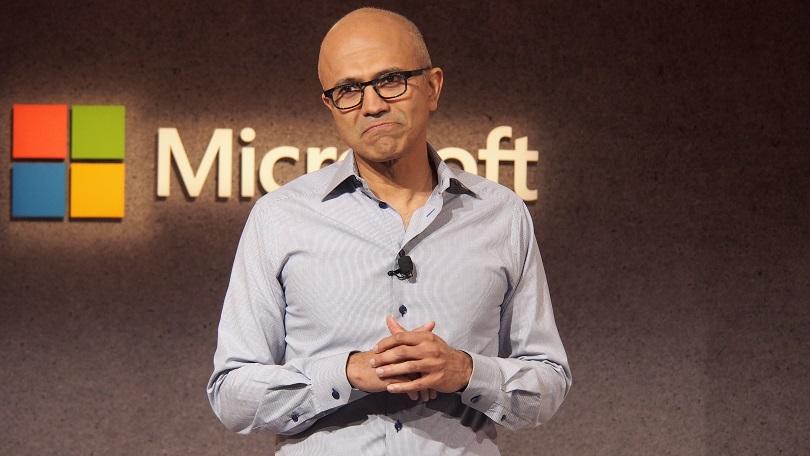
Microsoft as an entity no longer has any real direction, and no conviction, and crucially, no willingness to actually compete. Microsoft represents the apex of late stage capitalism, where failure is rewarded, and the ability to shift capital rapidly voids the necessity to deliver for consumers and society in general.
Microsoft increasingly just seems to go where other companies, true innovators, say the money is — looking for the next fad to devour and process, rather than curate and cultivate. How will Xbox, Surface, or Windows 11, grow without risk, investment, and curating consumer confidence? In a world where Microsoft has enough capital to just move wherever the wind is blowing, it simply doesn't seem to care. It doesn't have to be this way.
The brutality of these layoffs is just another symptom of a sick money-first mentality. But how can you stop it? Microsoft employs hundreds of thousands of people, none of whom deserve to be in this position either, and most of whom aren't paid well enough for their hard work. Most of whom simply want to do great things and create great experiences and art, as Microsoft corporate works their hardest to stop them.
Microsoft is a company that has no real mission or ethos anymore, and one that behaves more like a bank than a tech company, and it is certainly not one that deserves "fans." Maybe it never did.
In any case, Microsoft is making more money than God right now. So, I guess it just doesn't matter. And ... maybe it never did.
Edit: I had previously blamed Microsoft for its response to the Crowdstrike situation too in an upper segment here, but Microsoft granting kernel access to vendors was a result of European Union legislation, not as a result of outsourcing security. Apologies for that. But, there are plenty of other examples where Microsoft's security investments have been lacking, and have been blamed on corner cutting and putting profits first.

Jez Corden is the Executive Editor at Windows Central, focusing primarily on all things Xbox and gaming. Jez is known for breaking exclusive news and analysis as relates to the Microsoft ecosystem — while being powered by tea. Follow on X.com/JezCorden and tune in to the XB2 Podcast, all about, you guessed it, Xbox!
You must confirm your public display name before commenting
Please logout and then login again, you will then be prompted to enter your display name.
